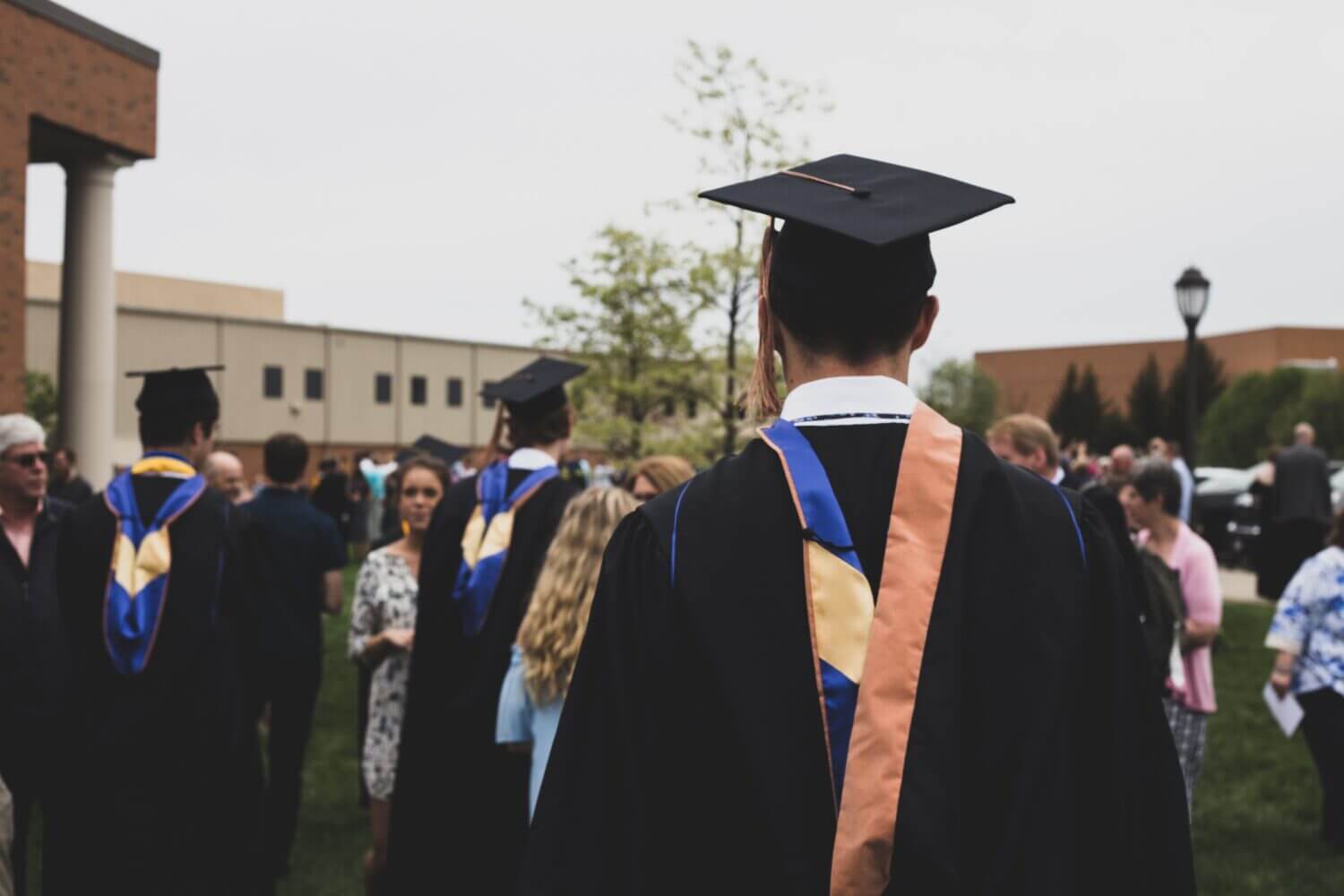What happens to extra RESP money after the kids finish university?
How to transfer extra RESP money to an RRSP in the most tax-efficient way
Advertisement
How to transfer extra RESP money to an RRSP in the most tax-efficient way

Q. What happens to the remaining balance in an RESP account after the kids have finished their education. What are my options and which is the best one?
– Lily
A. Lily, this is an interesting problem to have. In most cases; the grant money and earnings from the RESP can be withdrawn and taxed in the student’s hands up to six months after the student has left post-secondary school.
For a bit of background, an RESP balance at any time is made up of three various components.
RELATED: How do RESPs work?
A few options remain available to you and you should keep these things in mind.
If you or your spouse have RRSP contribution room, you can transfer the Accumulated Income Payment (AIP) amount directly to an RRSP to avoid taxation subject to a limit of $50,000. (Note, the AIP doesn’t include the payment of Educational Assistance Payments).
The principal, referred to as a capital withdrawal, is received tax-free. Once you don’t have any eligible beneficiaries for an RESP, your principal can still be withdrawn tax-free. But any unused government grant money, or CESG, is repaid to the government.
Lily, if you or your spouse remain employed, you might consider curtailing the RRSP contributions to allow your contribution room to grow, thus taking advantage of this type of eligible transfer. But keep in mind that if you both have pensions or both are retired, your RRSP room may be very small or close to nothing. In this case, it may be beneficial to time the AIP withdrawals to a low-income year or spread the withdrawals out over a couple of years to reduce taxes.
Finally, the remaining income portion of the RESP, referred to as the Accumulated Income Payment (AIP), is taxable to you. (In addition, these monies are subject to the withholding tax rates for registered plans plus 20% additional tax (varies by province).
In every case, it’s important to realize that all RESPs are not created equal. Make sure you read and understand the fine print before opening an RESP account, or making any long-term plans with the money.
Share this article Share on Facebook Share on Twitter Share on Linkedin Share on Reddit Share on Email
Hi,
I was wondering if there was some documentation available to support the statement “In most cases; the grant money and earnings from the RESP can be withdrawn and taxed in the student’s hands up to six months after the student has left post-secondary school.”
I can’t find anything about this from the Canadian Government website. Thanks!